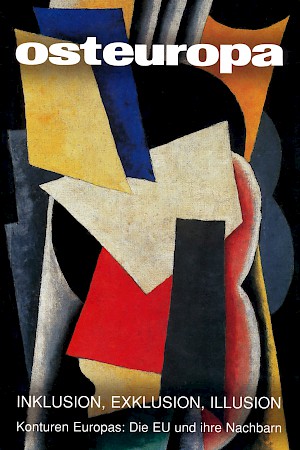Stretching and Overstretching
On the Integration Contest between Brussels and Moscow as Europe Reaches the End of Its Ability to Integrate
Deutsche Fassung
Abstract
In the 1990s, Russia lost more and more of its potential as an alternative centre of integration to the European Union and NATO. The competition in integration between Brussels and Moscow was reduced to a competition for membership in the EU and for privileged relations with Brussels, the only dynamic centre which promised prosperity, security, political stability, liberty and democratisation. At the same time, the EU’s integrating force is limited. Economically and institutionally, the EU may not be overextended by admitting its East European neighbours. Politically, however, this cannot be pushed through at present. The bilateral policy of democratisation, which is driven by vague promises of accession, should be replaced by a clear policy of regionalisation which promotes democracy, rule of law and market economics in regional associations on the EU’s external border.
(Osteuropa 2-3/2007, pp. 35–56)



